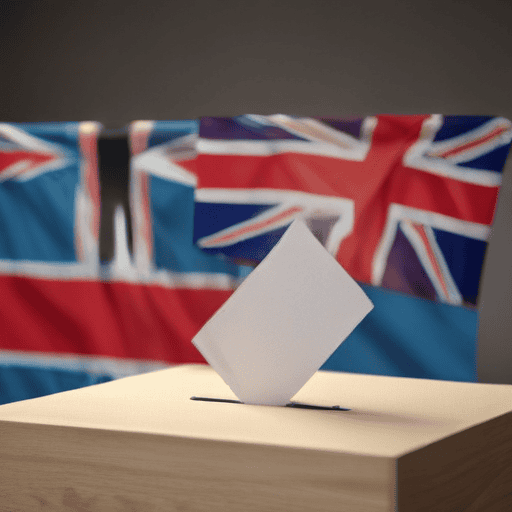The issue of women’s underrepresentation in politics is a persistent challenge worldwide, and in Fiji, it has prompted renewed discussions. Deputy Prime Minister Manoa Kamikamica has recently advocated for the introduction of a quota system aimed at enhancing the presence of women in Parliament. His remarks were made during a workshop titled “Capacity Building Training for Prospective Women and Youth Candidates in Local Elections,” which took place in Suva and was organized by Dialogue Fiji in partnership with Emily’s List Australia and funded by Misereor.
Kamikamica highlighted that the percentage of women in Fiji’s Parliament reached a peak of 20% in 2018, but this figure fell to just 14% following the 2022 elections—a troubling trend. Notably, while 238,389 women participated in the election—outnumbering their male counterparts—the number of women candidates who were elected was low, with only six out of 54 women candidates securing seats.
In response to these issues, Kamikamica proposed several supportive measures, including reducing financial barriers for women running for office and providing childcare support. These proposals aim to tackle the systemic challenges that discourage women’s political involvement.
Supporting Kamikamica’s viewpoint, Suva-based lawyer Sainiana Radrodro emphasized the need for urgent action beyond just discussions. Radrodro identified financial constraints, societal norms, and the growing issue of online harassment as significant barriers for women aspiring to enter politics. She suggested that a temporary special measure for quotas could promote gender balance, provided it is implemented thoughtfully to avoid backlash and marginalization of women elected through such initiatives.
Echoing these sentiments, university student Lovelyn Laurelle Giva-Tuke called for a holistic strategy that includes financial assistance, legislation against political violence towards women, and capacity-building programs to enhance women’s skills in leadership and campaigning. Giva-Tuke noted the societal benefits of having a gender-balanced political establishment, as women leaders tend to prioritize crucial areas such as healthcare and education.
Moreover, both Radrodro and Giva-Tuke stressed the importance of creating a supportive environment to combat online harassment. They have called for effective policies to address this issue, as it poses a serious deterrent for women considering political careers. Nalini Singh, executive director of Fiji Women’s Rights Movement, added that collaboration among various stakeholders is essential to foster an inclusive political landscape.
As discussions continue, there is a palpable sense of hope that with the right measures and a collective commitment from various sectors, Fiji can create an environment conducive to empowering more women in political roles, ultimately resulting in a more representative and effective governance system.
In summary, while challenges persist, the call for concrete actions combined with supportive policies presents an encouraging path forward for women’s political representation in Fiji. Through dedication and sustained effort, Fiji can work towards a future where women play a crucial role in shaping the nation’s policies and governance.

Leave a comment